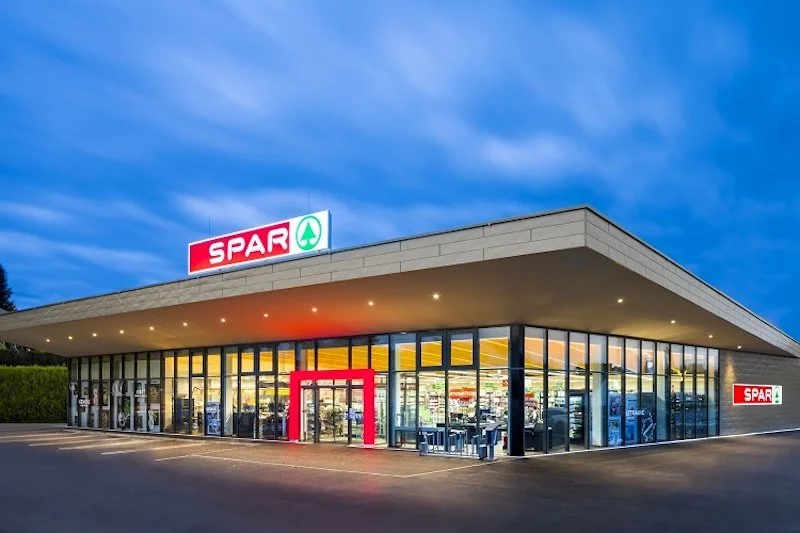Unified commerce in fashion as retailers splurge on new PoS software
There were more than 300,000 new PoS software deployments in the year to June 2019, according to research by RBR.
Most were store-driven, with new ones created either in existing or additional stores, but around a third were a result of retailers installing a different supplier’s software. Fashion retail represented the highest proportion of new deployments, with store-based retailers investing in new platforms, often from a new vendor, as part of a wider unified commerce strategy. In the USA, apparel chains Buckle, Jo-Ann Stores and Skechers have all introduced solutions from a different vendor since June 2018.
The complexity of PoS and related middleware in grocery retail makes moving to another vendor less straightforward, although Germany’s EDEKA, which is made up of independent co-operatives, has rolled out new software across its various banners in recent years. Other significant projects include the implementation of a new solution at 24,000 post offices belonging to India Post.
Asia accounted for 40% of new PoS deployments globally, with convenience store chains in both China and Japan opening new stores. Major international fast food firms are also increasing their presence in the region, with KFC and McDonald’s expanding their networks strongly.
In North America, a range of companies opened new outlets, including discounters Target and Dollar General, coffee chain Starbucks and QSR brand Taco Bell, while other high-profile retailers, such as Gymboree and ShopKo, shuttered stores or even folded altogether.
Vendors
NCR has the largest share of the PoS software solutions market, with 9% of new PoS installations, rolling out software mainly in North America, including at a major QSR chain. GK Software is in second place, owing to large-scale grocery projects in Europe, including Pyaterochka in Russia.
Oracle leads the general merchandise segment globally, with a number of new customers in the softgoods sector, while Tata Consultancy Services’ (TCS) strong presence is owing to a major project at India Post. Other vendors, such as Toshiba and Diebold Nixdorf, are growing with their largest customers, many of which expanded their store networks or installed additional self-service devices in the past year. Fujitsu, NEC, Aptos and PCMS are also key players in this space.
What lies ahead
RBR forecasts 1.6 million new PoS software installations between 2019 and 2024, on top of upgrades from legacy solutions. Around 60% of these will be as a result of store network expansion, mainly in Asia, but significant numbers of retailers will also install software from a different supplier during this period.










Continue reading…